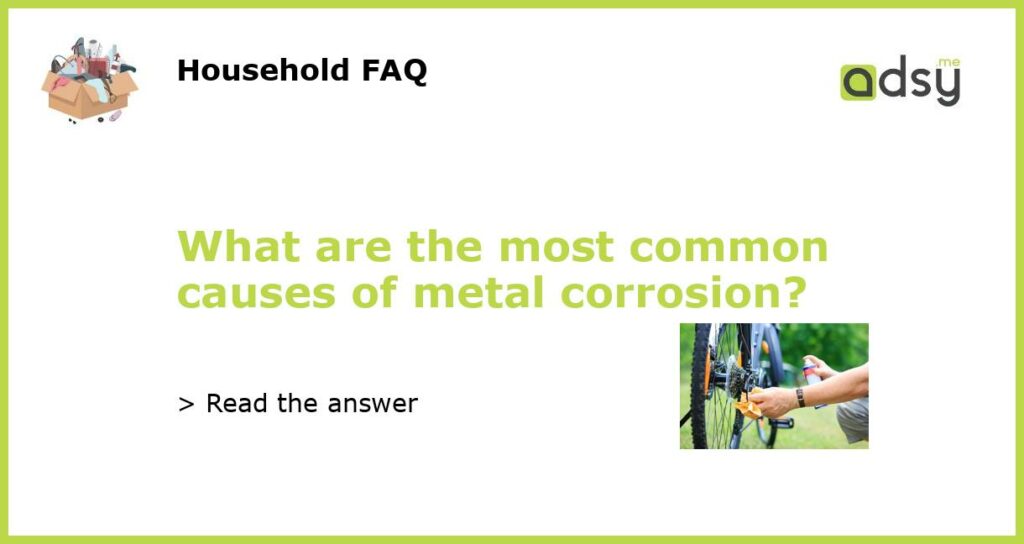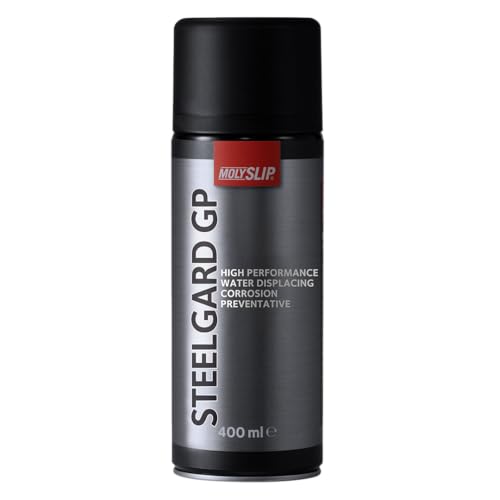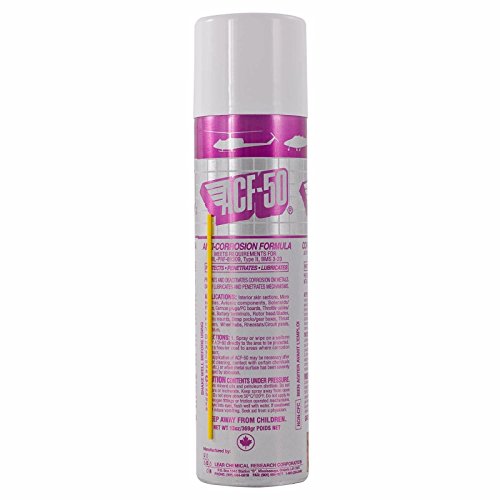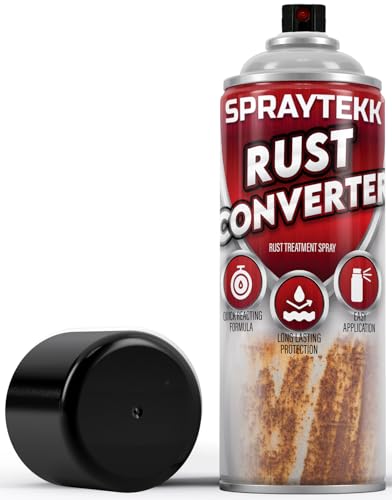The Basics of Metal Corrosion
Metal corrosion is a natural process where metals are broken down by chemical reactions with their environment. This can cause rust, degradation, and ultimately failure of the metal. Understanding the causes of metal corrosion can help prevent damage and save money in repairs.
Chemical Reactions and the Role of Oxygen
One of the primary causes of metal corrosion is chemical reactions with the environment. In particular, the presence of oxygen in the environment can speed up the corrosion process. This is why metals left outside in the rain, or exposed to saltwater, are particularly susceptible to corrosion. Products like Rust-Oleum provide coatings that can help prevent metal from reacting with oxygen in the environment.
Galvanic Corrosion and Dissimilar Metals
Galvanic corrosion is another common cause of metal corrosion in which an electrical current flows between two different metals in contact with each other. For example, a steel nail in a copper roof can cause the copper to corrode. It’s important to avoid using dissimilar metals in construction or machinery to prevent this type of corrosion.
Acids, Salts, and Other Chemicals
Acids, salts, and other chemicals can also cause metal corrosion. Acid rain, for example, can corrode metal structures over time. Certain cleaning products or fertilizers can also cause corrosion if they come into contact with metal surfaces. It’s important to be aware of chemicals in the environment or cleaning products that may damage metal and take precautions to protect the metal from exposure.
Improper Cleaning and Maintenance
Finally, improper cleaning and maintenance can cause or exacerbate metal corrosion. If dirt or debris is left on metal surfaces, it can trap moisture and promote corrosion. Additionally, lack of maintenance can allow corrosion to continue unchecked, leading to more extensive damage. Regular cleaning and maintenance can help prevent metal corrosion and prolong the life of the metal.






